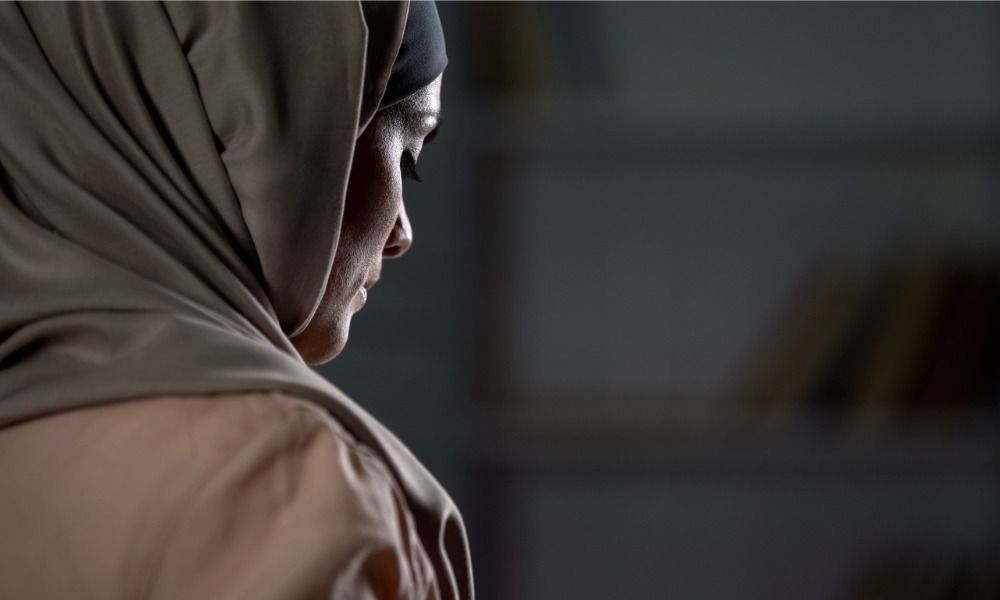
‘People should be assessed solely on their merits and their ability to do a job and nothing else’

Singapore’s president spoke out against workplace discrimination last week (August 19), saying it has “no place at all” in society and especially “not at the workplace”.
Halimah Yacob was responding to a recent case where a sales promoter at Tangs department store was allegedly asked to remove her hijab in order to work on the company’s premises.
Tangs has since reviewed the controversial dress code policy and will allow employees to wear the hijab while working.
“People should be assessed solely on their merits and their ability to do a job and nothing else,” she wrote in a Facebook post. “Discrimination at the workplace is particularly disturbing because it deprives the person affected from earning a living.”
She added that workplace discrimination is especially problematic during COVID-19 “when concerns over jobs and livelihoods are greater”. She commented that incidents of bias “exacerbate anxieties” and make people feel threatened.
READ MORE: More experience racial discrimination at work
Fair employment
Responding to the same Tangs incident, Zaqy Mohamad, senior minister of state for manpower, reiterated that merit-based recruitment is clearly stated in the tripartite guidelines on fair employment practices.
“To me, this is an important issue for the community,” Mohamad said in a Facebook post. “Workplaces are an important part of the common space where people interact and work with one another regardless of cultural, religious and ethnic backgrounds.
“Employers should be thoughtful of the policies and practices they set, including inclusivity at their workplaces. I also urge employers to regularly review these policies and take into consideration the views and sensitivities of their stakeholders, such as their employees, customers and business partners.”
Religious attire should “generally be allowed” at workplaces, he said, unless there are uniform or dress code requirements better suited to the nature of the work, or for operational and safety reasons.
If there are such policies, he reminded employers to communicate them “clearly and sensitively” to employees and jobseekers.
READ MORE: Is religious bias severe in Singapore workplaces?
Dress code — how to keep things fair
While there aren’t any specific laws set in place governing the use of hijabs at work, a local employment lawyer similarly pointed to TAFEP’s fair employment guidelines.
“Where the dress code prohibits any particular item of attire, in keeping with TAFEP’s principles, a commercial and merit-based workplace should consider the objective and relevant purpose of such a dress code prohibition,” he told HRD.
He advised employers to carefully consider the following questions when determining whether their dress code is discriminatory with regards to banning specific items of clothing:
Such policies should also be “regularly reviewed” to ensure they continue to be relevant to the job as well as industry standards and conventions, he said.